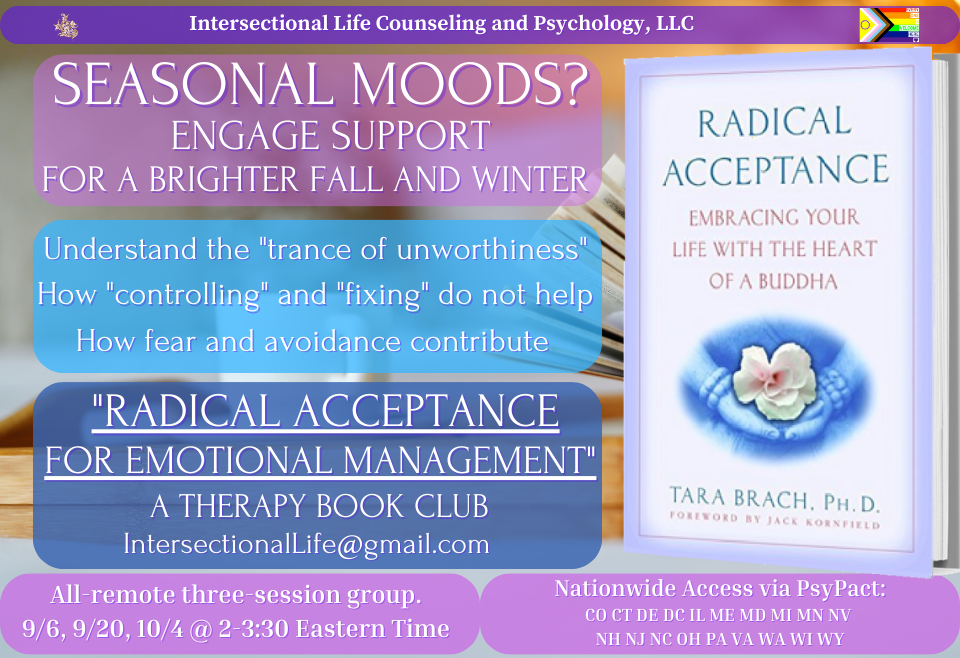Archivist, oral historian, and genocide scholar Tim Hensley discusses his approach to managing traumatic material in the workplace:
Most caregiving and reporting professionals (health care providers, reporters, first responders, clergy, social workers, legal aid, and many more) interact directly or indirectly with the traumatic experiences of others at some point in our careers. But events of the past few months have increased this likelihood for all of us, in some cases with the force of a fire hose.
Furthermore, we are all dealing with our own increased stress and trauma, which leaves us with less bandwidth available to absorb the anguish of others.
In order for you to stay afloat and continue your trauma-oriented work, it is necessary to limit your amount of exposure to your carrying capacity.
This excerpt shows Tim’s method, which is organized, structured, and visual:

While I personally don’t categorize sessions and activities visually in the way Tim does, I do always maintain an idea of which sessions and activities are likely to contain material and experiences that are heavier to carry, and I spread my scheduling out in a similar way across a given week.
If you are in a caregiving or reporting profession, you may already be using a similar approach, whether explicitly or intuitively. If not, you might wish to examine your own process and how it is affecting you.
How can you know when it’s too much to carry? You have to notice how you’re feeling! This sounds incredibly simple, and yet many of us frequently push past our actual capacity into burnout territory. This can lead to illness, injury, depression, suicidality, and other life-disrupting outcomes. You may think it’s okay to push on–until it’s suddenly not.
It’s a case of “simple but not easy,” especially if you have always been taught to push through physical or mental discomfort in order to complete tasks. It’s considerably worse if you’ve always been taught you must put your own needs dead last after others’ needs.
Now is the time to de-condition that harmful approach!
You have gone beyond your carrying capacity if you are feeling:
- Exhausted
- Irritable
- Weepy
- Resentful
- Stress-headachey
- Pessimistic
- Hopeless
- Angry
- Anxious
- Disconnected
- Dissociated
- Craving substances
Once you are able to determine which pieces of your work tend to make these kinds of symptoms worse, that is when you can plan how to schedule your heaviest interactions such that you can recover in between.
Keep in mind, what may be light for someone else may sink you, and vice versa. This is never about what you “should” be able to carry–it’s about how it actually affects you in practice. No one can tell someone else what they “should” be able to bear.
Which brings me to the next difficulty for many: what if you are not the one doing the scheduling? What if the fire hose is never turned off? This is a physically and emotionally dangerous situation. It means that you’re in an environment that does not allow you to protect yourself, recover from injury, steward your health. If you are able to seriously discuss the issue with someone in charge, that may be helpful. But if they are dismissive, it is likely a situation that will be harmful to you in the long or not-so-long run.
What does it mean to recover in between? Again, this sounds simple but it is not always easy. You do things that help you feel better!
- Sleep! And more sleep!
- Basic exercise: walking, biking, yard work
- Adequate nutrition
- Enjoyable “vegging”
- Creative outlet: music, gardening, knitting, hobby electronics, baking
- And most important of all: someone supportive to tell about your experiences
This does not mean you must violate confidentiality or your HIPAA obligations or the sanctity of the confessional. It means to have someone with whom you can exchange understanding of how hard it is to do what you do, and express honestly how it’s affecting you. This may be a coworker ally, spouse, friend, clergy, or therapist. But it’s very important and a big part of lightening the heaviness.
If you are not used to taking care of yourself “like you matter,” it is time to start practicing that skill right now, so you do not fall into burnout and illness.
Remember, you can’t give to others from an empty well! ❤










